Reports & Studies
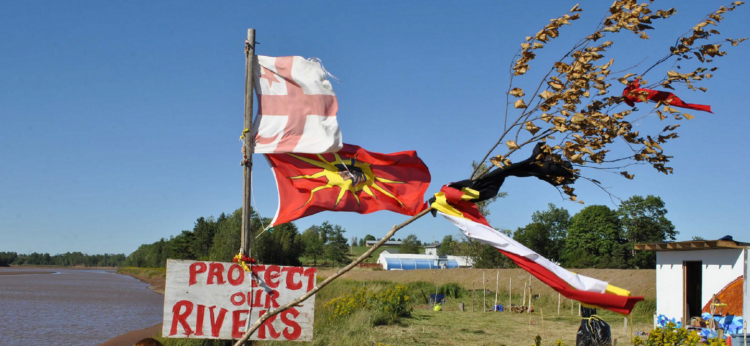
Extractivisme fossile, verrou carbone et mobilisation sociale dans l’Est du Canada : un état des lieux
Le nouveau rapport fait l’état des lieux de la vaste infrastructure existante et proposée pour l’exploration, l’extraction, le transport, le raffinage, la distribution et la consommation des hydrocarbures dans les quatre provinces de l’Atlantique et au Québec. Les autrices et auteurs soulignent que: Terre-Neuve-et-Labrador est la troisième province productrice de pétrole au Canada et a …

Mapping Fossil Fuel Lock-In and Contestation in Eastern Canada
This report highlights fossil fuel lock-in in Eastern Canada mapping the extensive existing and proposed fossil fuel exploration, extraction, transportation, refining distribution and consumption infrastructure in the four Atlantic provinces and Québec. Despite Eastern Canada being highly invested in oil and gas production, the region is often left out of energy policy discussions typically focused …
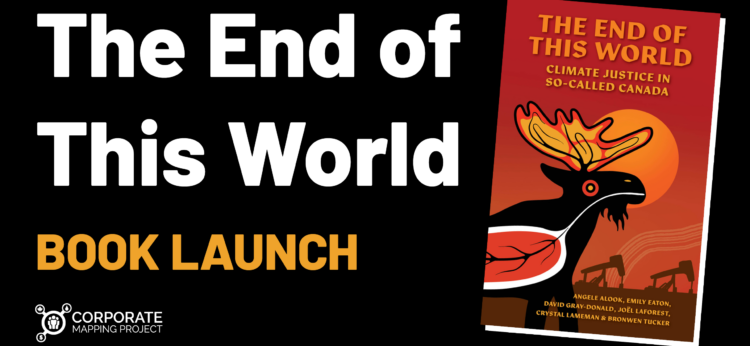
The End of This World: Climate Justice in So-Called Canada online book launch
The End of This World: Climate Justice in So-Called Canada online book launch Register for the event here. The climate crisis is here, and the end of this world—a world built on land theft, resource extraction, and colonial genocide—is on the horizon. The authors of the newly released book The End of This World: Climate …
Higher Education – Corporate or Public?
How the UCP is restructuring post-secondary education in Alberta Over many years, post-secondary education institutions (PSEIs) around the world have undergone a transformation toward the corporatization of education. Increasingly, these institutions are seen (and funded) less as providers of public goods (higher education and research) and more as “businesses” that should produce commodities and attract …

An Insecure Future: Canada’s biggest public pensions are still banking on fossil fuels
Two of Canada’s biggest public pension plans could lead the way toward a global transition to a greener, more sustainable economy, but their commitments to climate action may be more talk than walk. The Canada Pension Plan and the Caisse de dépôt et placement du Québec say they are serious about tackling climate change, however they continue …
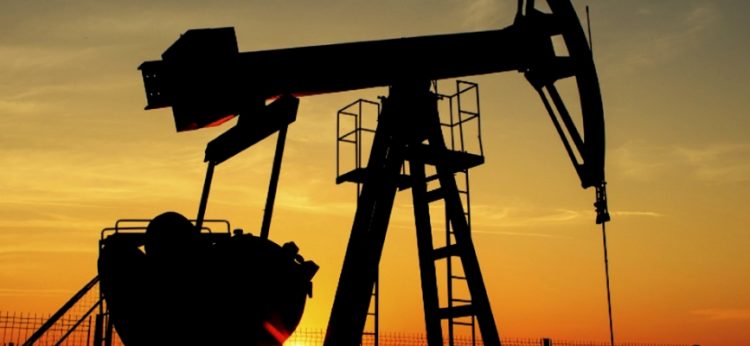
Not Well Spent: A review of $1-billion federal funding to clean up Alberta’s inactive oil and gas wells
A new report “Not Well Spent: A review of $1-billion federal funding to clean up Alberta’s inactive oil and gas wells” by the Parkland Institute and Oxfam Canada exposes how $1 billion in federal COVID-19 emergency funding transferred to the Alberta government is failing to achieve its intended social and environmental objectives. There are hundreds …
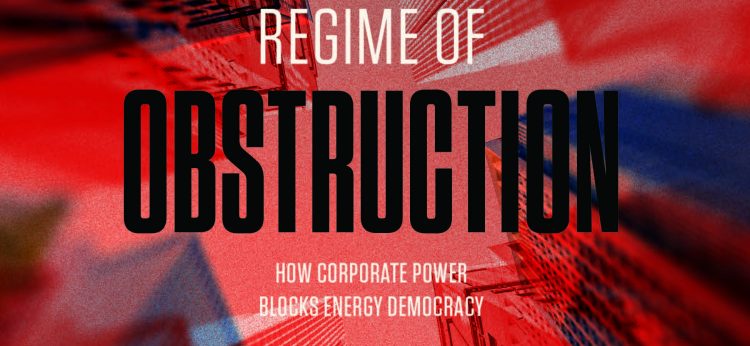
Regime of Obstruction: How Corporate Power Blocks Energy Democracy
The Book Publishers Association of Alberta awarded Regime of Obstruction: How Corporate Power Blocks Energy Democracy the Scholarly & Academic Book of the Year award at the Alberta Book Publishing Awards in September 2022. The book is available for purchase, free PDF download and free online reading. From the publisher Rapidly rising carbon emissions from …
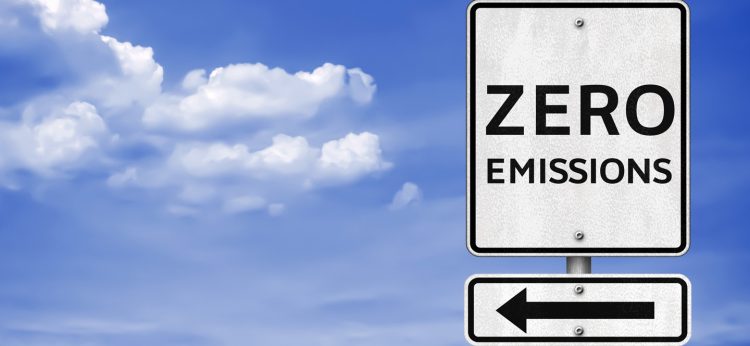
Dangerous Distractions: Canada’s carbon emissions and the pathway to net zero
Reducing emissions to zero is a clear concept, but “net zero” muddies the waters in that some greenhouse gas or carbon emissions are permitted as long as they are balanced by “negative emissions” or carbon removals through nature or engineered solutions. Reducing fossil fuel emissions and increasing carbon removals are the two objectives of net …
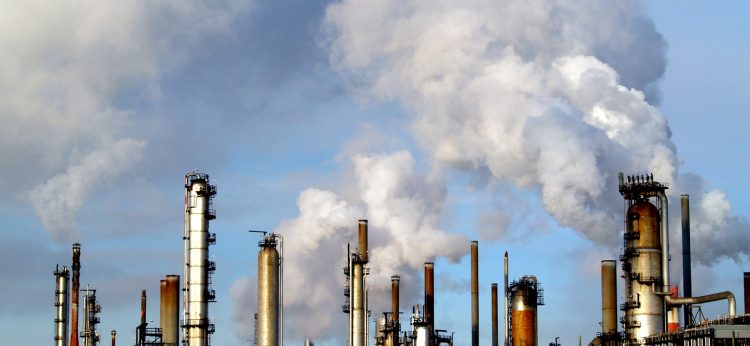
Canada’s Energy Sector
Status, evolution, revenue, employment, production forecasts, emissions and implications for emissions reduction Instead of decreasing, Canada’s oil and gas sector is increasing production, which alone will cause Canada to exceed its Paris Agreement and Bill C-12 “net zero” targets, this new report by veteran earth scientist David Hughes finds. Not only is production increasing, the …
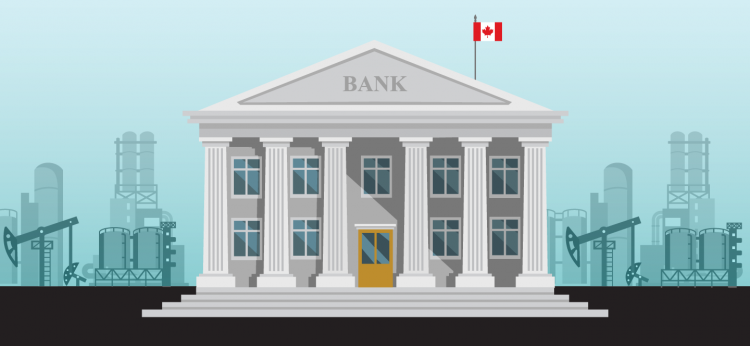
Fossilized Finance: How Canada’s banks enable oil and gas production
Despite Canada’s climate change commitments, the country’s “big five” banks continue to finance and support the expansion of fossil fuel industries. In fact, the extent of the banks’ support since the oil price collapse in 2014 shows that this backing hinders Canada’s progress on reducing emissions. These banks are perhaps the most powerful corporate entities …

Who Benefits from Caribou Decline
This report looks at the promised economic benefits of coal mining projects in northeastern British Columbia and concludes that the jobs, tax revenues and production activity estimates are wildly overstated, while pledges to protect vulnerable wildlife species have not been met. The woodland caribou—a distinct population called Central Mountain caribou located in the same region as …
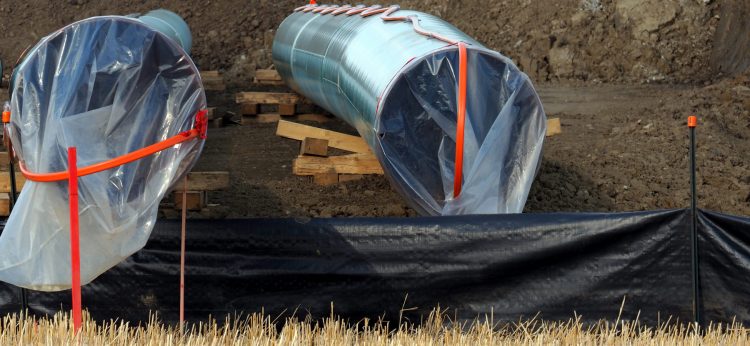
Reassessment of Need for the Trans Mountain Pipeline Expansion Project: Production forecasts, economics and environmental considerations
This report concludes that the Trans Mountain pipeline expansion project (TMX) is not needed to meet forecasted Canadian capacity needs. The author, J. David Hughes, also demonstrates that contrary to claims that bringing heavy oil to tidewater for export to Asia will fetch a higher price, it will likely instead sell at a loss of $4-$6 per barrel. …





